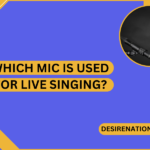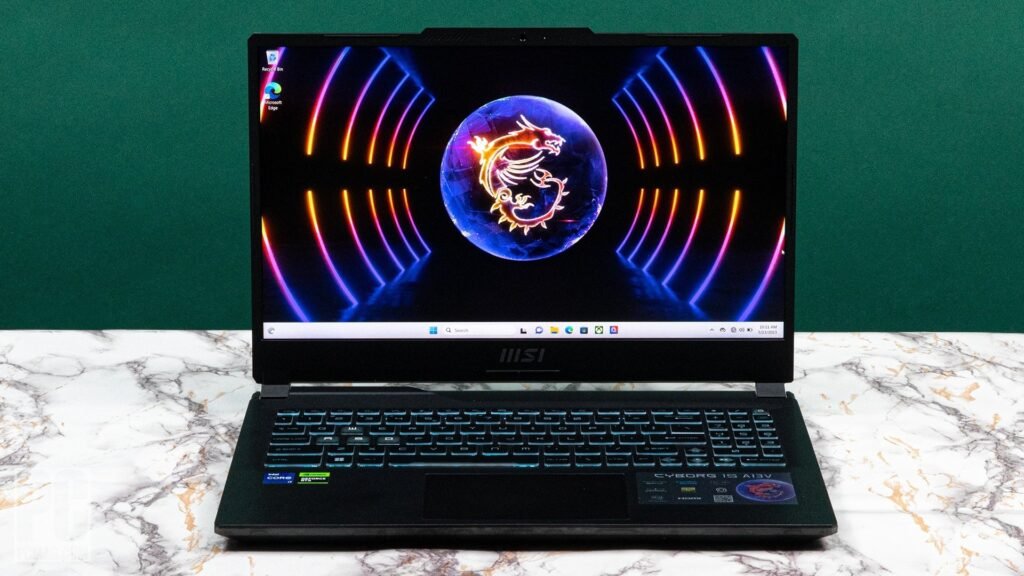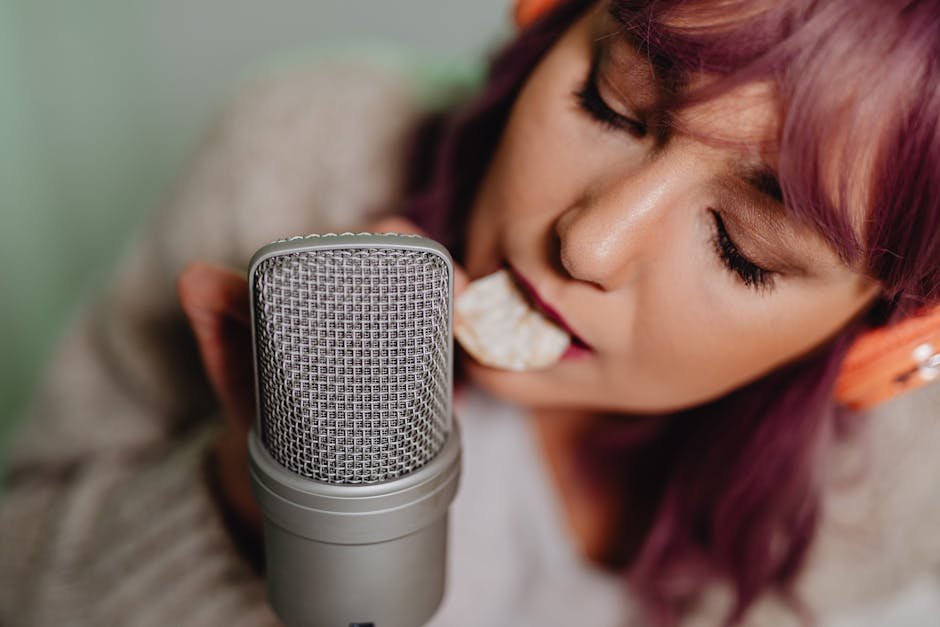Selecting the right microphone for singing is a crucial step in achieving optimal audio quality and capturing the nuances of a vocalist’s performance. With a myriad of options available in the market, finding the best microphone for singing requires consideration of factors such as microphone type, sensitivity, and the vocalist’s style. In this article, we’ll explore the key elements to look for and recommend some popular microphone choices for singers.
- Microphone Types for Singing: a. Condenser Microphones: Widely favored for studio vocal recordings, condenser microphones are known for their sensitivity and ability to capture detailed nuances. They offer a wide frequency response and are ideal for capturing the subtleties of a singer’s voice. Popular models include the Neumann U87 and the AKG C414.
- Dynamic Microphones: Dynamic microphones are robust and excel in handling high sound pressure levels. They are often preferred for live performances, especially in dynamic and energetic settings. The Shure SM7B and the Sennheiser e835 are popular dynamic microphone choices for singers.
- Tube Microphones: Known for their warm and vintage sound, tube microphones use vacuum tubes in their design. They are sought after for their ability to add a pleasing coloration to the sound. The Telefunken U47 and the AKG C12 are classic tube microphone options for singers.
- Sensitivity and Frequency Response: a. Sensitivity: A microphone’s sensitivity determines its ability to capture subtle details in a singer’s performance. Higher sensitivity is generally desirable for capturing soft and intricate vocal nuances.
- Frequency Response: A microphone’s frequency response refers to its ability to capture a range of frequencies. For singing, a microphone with a flat and wide frequency response is often preferred to accurately reproduce the singer’s natural tonal characteristics.
- Consider the Vocalist’s Style: Different vocalists have unique styles and tonal qualities. A microphone that complements a particular vocalist’s voice and style can enhance the overall performance. Some microphones may accentuate certain frequencies, so it’s essential to choose one that aligns with the singer’s vocal characteristics.
- Budget Considerations: While there are high-end microphones with premium features, there are also excellent options available at more budget-friendly price points. It’s essential to consider the budget constraints while exploring microphone options, as there are quality choices available for various price ranges.
- Popular Microphones for Singing: a. Shure SM7B: A versatile dynamic microphone, the Shure SM7B is celebrated for its smooth, flat, wide-range frequency response, making it suitable for a variety of vocal styles.
- Neumann U87: A classic condenser microphone, the Neumann U87 is renowned for its transparent sound and versatility. It is often used in professional studios for recording vocals.
- AKG C414: This condenser microphone offers multiple polar patterns and a wide frequency response, making it adaptable to various vocal styles and recording environments.
Conclusion:
Choosing the best microphone for singing involves a thoughtful consideration of microphone types, sensitivity, frequency response, the vocalist’s style, and budget constraints. The diversity of options available ensures that there’s a perfect microphone for every singer, whether they are recording in a studio or performing live on stage. By understanding these key factors, singers can make informed decisions and find the microphone that enhances their unique vocal qualities, allowing their performances to shine.
You Might Also Like These:
Sennheiser Momentum 4 Build Quality
Sennheiser Momentum 4 Wireless Headphones VS Sony Wh-1000xm5 Specs












